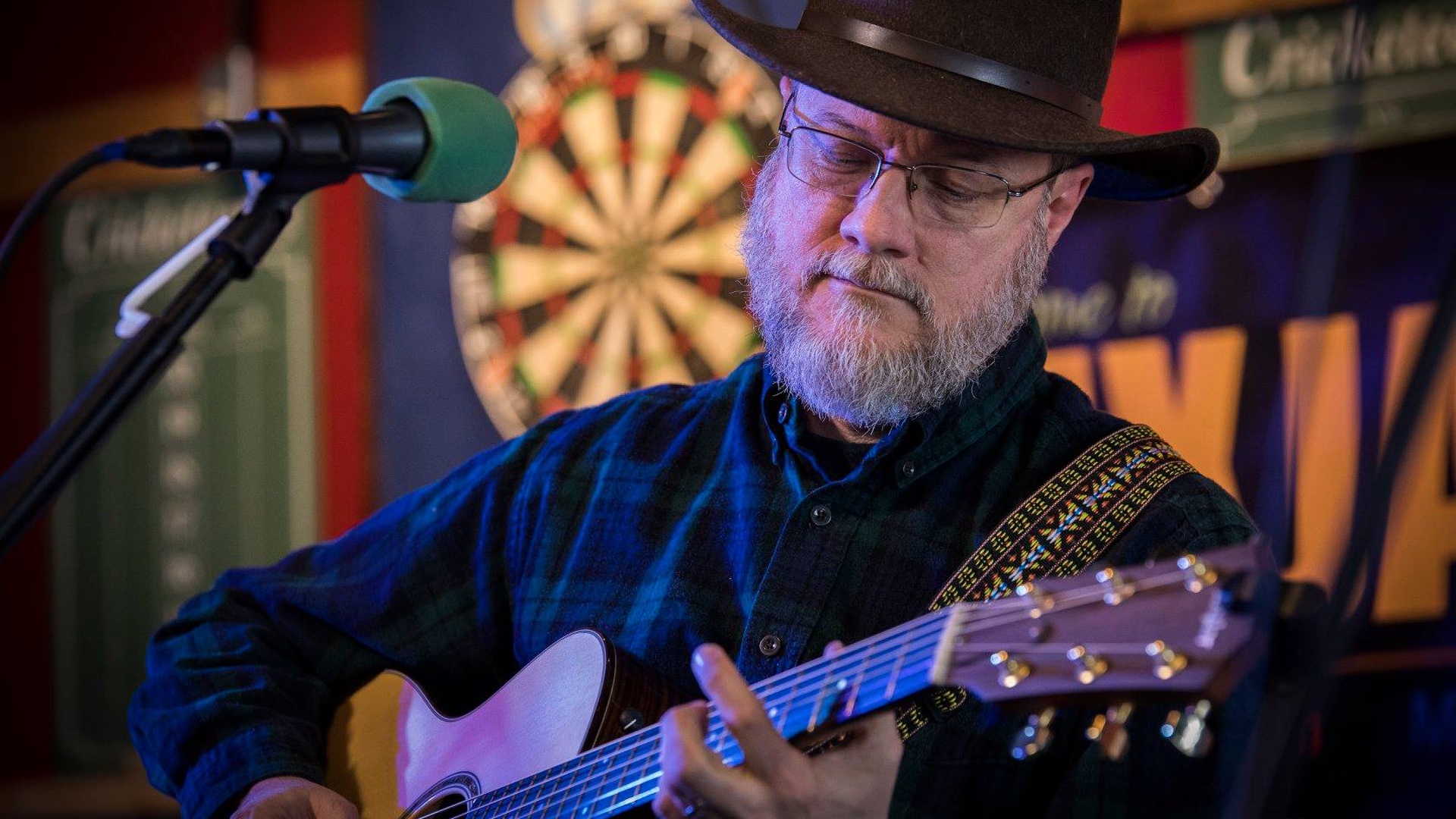The other day I posted this quote on Facebook: “You do not sing from the throat; you sing from the soul.”
The quote came from a conversation earlier in the day, but it was attributed to Barton Warren Stone. It was, at best, a loose paraphrase of what Stone said, and so I want to provide the actual quote and a little bit of the context because it does point to the importance of singing as an act of worship.
Barton Stone was a Presbyterian minister at Cane Ridge, Ky., in 1801. On the first weekend of August in that year, over 10,000 people came to Cane Ridge for a Great Communion. These gatherings brought together people of different Christian persuasions, and the weekends were filled with preaching, culminating in a communion service on Sunday.
The Great Communions were part of the Second Great Awakening in the United States and also were a forerunner to the camp meetings that became popular along the 19th century American frontier. As such, ecstatic religious expressions were common, including singing exercises. Stone described the singing thus:
The subject in a very happy state of mind would sing most melodiously, not from the mouth or nose, but entirely in the breast, the sounds issuing thence. 1
Those caught up in the spirit would sing with a voice that emanated from the very depths of their being, or, as it was expressed in conversation, they did not sing from the throat; they sang from the soul.
An important piece of assessing the health of a congregation for me is looking and listening to how they sing. Do people participate in singing? Does the congregation’s voice in worship emerge from deep within? If not, something is off kilter.
Notes:
- Elder John Rogers. The Biography of Elder Barton Warren Stone, Written by Himself with Additional Reflections (Cincinnati, 1947). ↩
